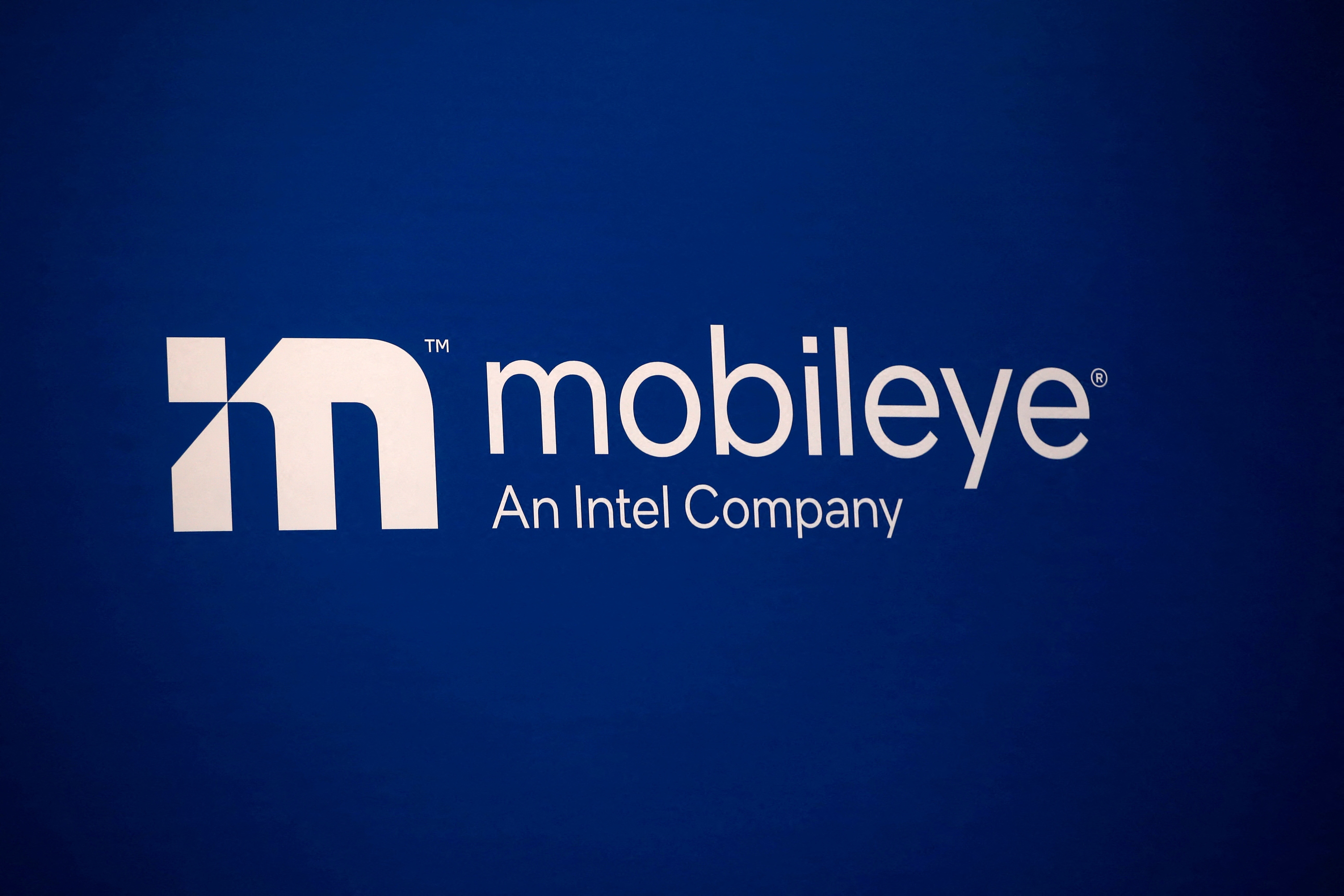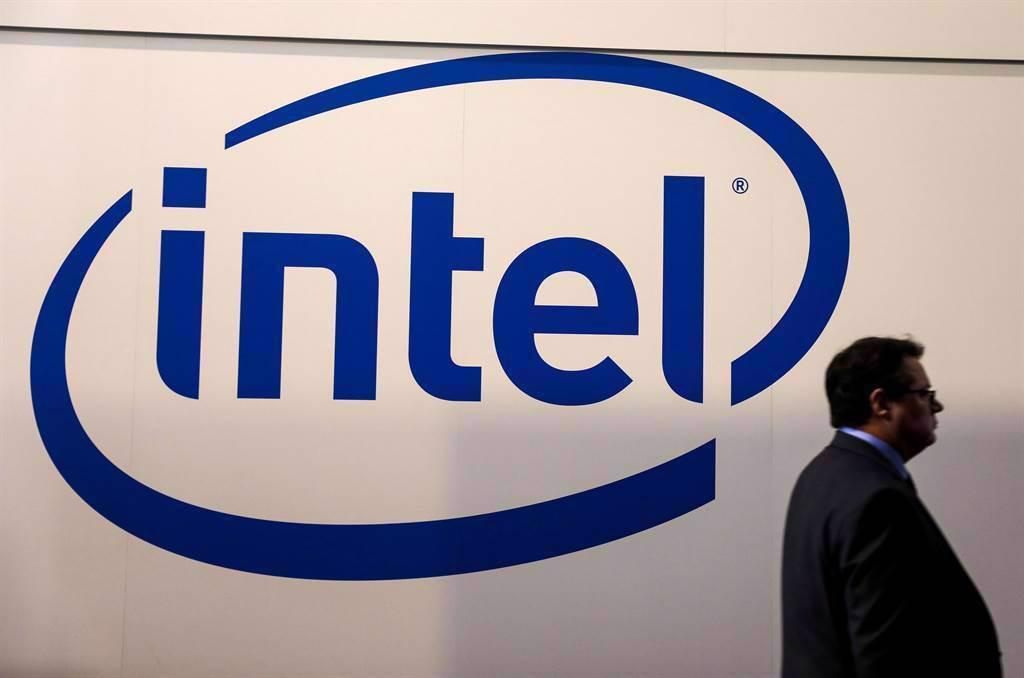Intel's Self-Help: Proposed Sale Part of Mobileye's Stocks
Intel is considering selling part of its stake in autonomous driving computing company Mobileye. Its proposed self-rescue plan also includes selling its programmable chip division Altera and possibly selling or splitting its wafer foundry business.
Sources reveal that after a comprehensive strategic evaluation of the company, Intel is considering selling a portion of its stake in autonomous driving computing company Mobileye Global.
Intel may sell or transfer a part of its 88% stake in Mobileye either on the public market or to a third party. Mobileye is scheduled to hold a board meeting in New York later this month to specifically discuss Intel's plans.
Additionally, sources indicate that Intel is separately exploring the direction of its Network and Edge division, which is responsible for producing chips for computer and telecommunications networks. The division reported a nearly one-third decline in revenue last year, down to around $5.8 billion.

Founded in 1999, Mobileye provides software and hardware for autonomous driving systems. Acquired by Intel for $15.3 billion in 2018, Mobileye went public in the U.S. in 2022. In 2023, Intel sold 35 million shares in Mobileye, raising approximately $1.5 billion.
If Intel continues to raise funds through the sale of Mobileye shares, it may place the latter in a difficult position. In early August, Mobileye's second-quarter results showed a 48% year-on-year decline in revenue to $239 million, as the entire industry faced oversupply and automakers reduced production. The company reported a net loss of $218 million (compared to $79 million in the same period last year), significantly worse than the expected $52.4 million loss. Adjusted EPS was a loss of $0.27 per share, falling short of the expected $0.06. Consequently, Mobileye sharply lowered its revenue guidance for the year and revised its adjusted operating profit forecast downward, well below analyst expectations.
So far this year, Mobileye's stock price has dropped approximately 71%, with its market value shrinking to around $10.2 billion. The company is facing its third consecutive year of losses.
Intel has not yet made a final decision regarding its stake in Mobileye or its network business.

Last month, Intel reported a dismal second-quarter financial report, with a net loss of $1.61 billion, far below market expectations. Analysts predict that losses will continue to widen over the next year, and the company is facing a bottleneck in its transformation. Additionally, Intel announced the possibility of spinning off its foundry business and laying off more than 15% of its workforce, which led to a nearly 30% drop in the company’s stock price and a market value fall below $100 billion, marking the largest drop since 1982.
To divest unnecessary businesses and adjust capital expenditures, Intel is discussing various plans to recover its financial performance, such as splitting its product design and manufacturing operations, and cutting back on factory investment projects.
Sources also reveal that the company has sought emergency assistance from investment banks like Morgan Stanley and Goldman Sachs to navigate its most challenging period in 56 years. Citi analysts have suggested that Intel exit its foundry business.
Intel CEO Pat Gelsinger and key executives are expected to present a specific plan to the company’s board in mid-September but have not mentioned an overall split or sale of its chip foundry business.
Furthermore, Intel is considering selling off businesses it can no longer fund, such as the programmable chip division Altera, with Maxwell Technologies as a potential buyer. Altera's current market value is estimated between $18 billion and $22 billion. Additionally, Intel may pause or suspend its $32 billion factory project in Germany.
·Original
Disclaimer: The views in this article are from the original Creator and do not represent the views or position of Hawk Insight. The content of the article is for reference, communication and learning only, and does not constitute investment advice. If it involves copyright issues, please contact us for deletion.